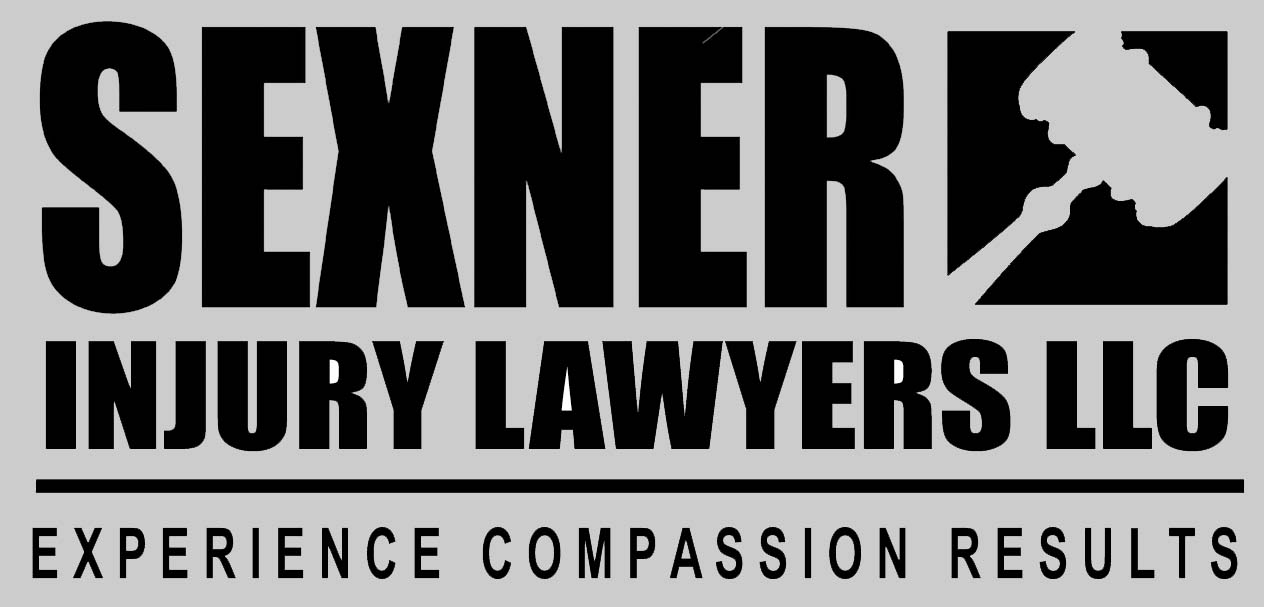Nursing Home Hip Injuries and Death - $125,000 Settlement
Man Who Fell And Broke His Hip While In A Nursing Home
Man Who Fell And Broke His Hip While In A Nursing Home
While in a nursing home, a man fell and suffered a broken hip due to the negligence and neglect of the nursing home staff. The man later died as a result of various conditions. We were contacted by the family of this man to investigate the circumstances of this injury and to attempt to secure a settlement from the nursing home. A lawsuit was filed and the case was set for trial. We were successful in securing a settlement in the amount of $125,000 for his widow in keeping with her request.
Risk Factors for Hip Fractures
Each year, about 300,000 people age 65 and older break a hip. Of these people, approximately 75% are women, who are not only more likely to fall than men, but more likely to have osteoporosis, which is a disease that makes bones more susceptible to fracture and weakening. So it should come as no surprise that a great number of such hip injuries occur each year in nursing homes, because residents of such facilities are disproportionately elderly. The greatest risk factors for an injury of this type relate to:
- Sex: Women have a tendency to lose bone density faster than men, at least partially because bone loss is accelerated by lower estrogen levels that occur with menopause.
- Nutrition: Peak bone mass is lowered for those who do not intake enough Vitamin D and calcium when young. Those who have serious eating disorders like bulimia or anorexia are also in danger of damaging bones through deprivation of important bone building nutrients. This makes the bones more likely to fracture later in life.
- Alcohol & Tobacco: Bone loss may occur from the use of either of these drugs.
- Medications: Some medications, such as cortisone / prednisone, may act to weaken the bones. Also in the context of nursing homes, residents may be prescribed other meds that although they do not contribute to weakened bones, may make the resident dizzy, increasing the chances of falling and fractures.
- Medical Conditions: Fragile bones may be the result of an overactive thyroid, intestinal disorders or endocrine disorders. Those patients with certain cognitive impairment conditions are also at greater risk for falling.
Causes and Symptoms of Hip Injuries
In the case of extremely weak and brittle bones, it is possible that a fracture may occur merely from the pressure exerted by standing or walking. But more typically, such a fracture is the result of falling, such as:
- An unexplained injury or fall from bed
- A fall from a standing position into an object or onto the floor
- A car crash
Sometimes, it is not immediately apparent if a fracture has occurred, but some of the most common symptoms and signs that a serious event has occurred include:
- Not able to put weight on the leg on the same side as the fall
- Not able to move after falling
- Leg appearing to be turned outward
- Leg shorter than the other
- Severe groin or hip pain
- Bruising, stiffness or swelling in the area of the hip
Treatment for a broken hip will vary depending upon the age and physical condition of the patient, and might include any combination of surgery, medication and/or physical therapy. But especially for residents of nursing homes or other long term care facilities, the road to recovery may be long, and if not treated promptly and properly, could even lead to a premature death. If your loved one has been injured in a nursing home, contact Sexner Injury Lawyers LLC at (312) 243-9922 for compassionate and confidential information.

